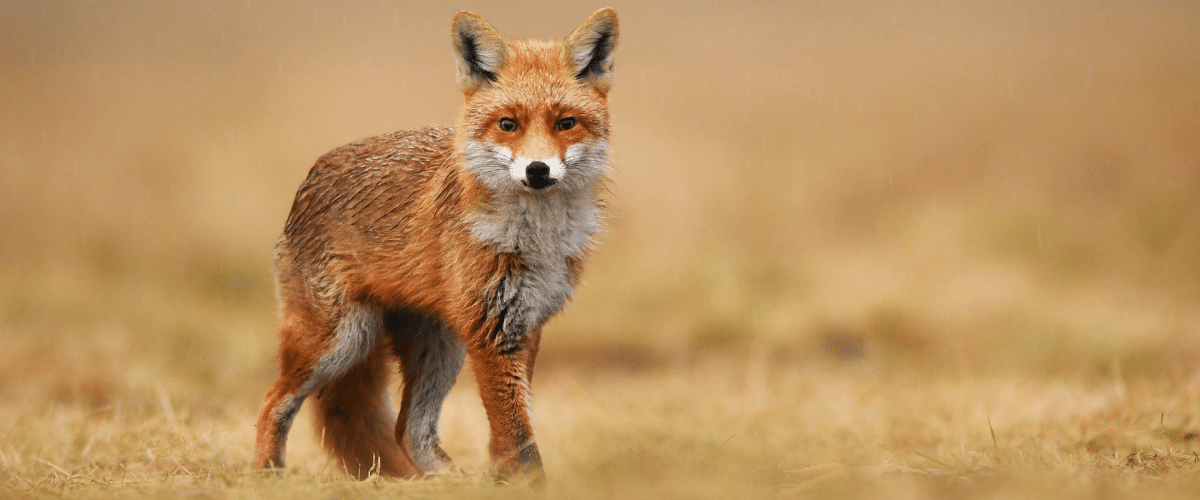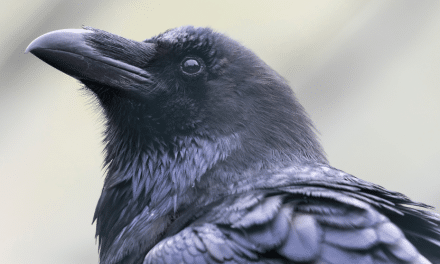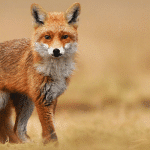By Charlotte Edgar
On February 12, 2020, a seminar on Animals and Wildlife Law was held by the UK Centre for Animal Law at the University of Dundee. The seminar was attended by a wide-ranging audience, including members of the legal profession, academics, students, and those working in the charity sector, for animal sanctuaries and criminal justice agencies.
Various speakers discussed the practical, legal, and philosophical issues involved in animal welfare and wildlife protection in Scotland and the rest of the UK. The seminar focused on the Animals and Wildlife (Penalties, Protections and Powers) (Scotland) Bill (“the Bill”) which is currently making its way through the Scottish Parliament. (More information on the Bill, and a copy of its stage 1 report, is available here: https://www.parliament.scot/parliamentarybusiness/Bills/112958.aspx.)
Mike Radford OBE, of the University of Aberdeen School of Law, is an internationally renowned specialist in animal welfare law. Mike kicked off the event with an insightful talk on the most important changes to be introduced by the Bill. One such change is the proposed increase to the maximum penalties for animal welfare offences, as penalties under the existing legislation are widely recognised as disproportionate to the crime. For example, illegal puppy farms can make a profit of hundreds of thousands of pounds by breeding large numbers of dogs. In pursuit of profit, the conditions and welfare standards of the mothers and pups are often poor. The current maximum financial penalty available under the Animal Health and Welfare (Scotland) Act 2006 (“AHWSA 2006”) is £5,000. The new Bill proposes to increase this to an unlimited fine, in order to provide an appropriate punishment in the worst cases of animal cruelty.
The Bill also seeks an increase in penalties for wildlife and proposes introducing Fixed Penalty Notices for minor welfare offences. It will also create stronger protections for service animals (such as police dogs and horses).
One of the Bill’s important practical changes would reduce the time that animals taken into care have to wait before they can be rehomed. Currently, unless voluntarily relinquished by their owner, animals must await the outcome of a court case before they can be rehomed. In some cases, this can take years. The Bill proposes a system in which animals are rescued, receive veterinary treatment, are rehomed or are humanely destroyed.
Andrew Voas, the Scottish Government’s Veterinary Head of Animal Welfare, updated the audience on the Bill’s current progress through Parliament and discussed the key changes to existing animal welfare offences. The current maximum prison sentence available for causing unnecessary suffering and for animal fighting is 12 months. Despite the presumption against short sentences of 12 months or less, the practical reality is that even a 12-month sentence is rarely awarded. The Bill proposes to increase the maximum penalty for these offences to 5 years imprisonment. This change will bring the law into line with public perception that the most serious cases of animal cruelty justify a greater level of punishment.
Andrew also discussed the proposed introduction of Finn’s Law to Scotland. Finn, a police dog in England, sustained serious stab wounds while trying to protect his handler and detain a teenager suspected of robbery. Because inEnglish law a defendant could potentially argue that suffering under the Animal Welfare Act 2006 was not ‘unnecessary’ as it was inflicted to avoid injury to him or herself – even in circumstances where that person was trying to resist apprehension – the defendant was prosecuted for criminal damage (to Finn, the police dog) rather than an animal welfare offence. . After a high-profile campaign, the Animal Welfare (Service Animals) Act 2019 was passed. Applicable in England and Wales, this legislation introduced amended the Animal Welfare Act so that in future defendants cannot rely upon this type of defence.. Andrew discussed recent cases involving harm to service animals in Scotland, and showed how justice might have better been served if Finn’s Law had applied.
Leia Fitzgerald, Wildlife Management Team Leader of the Wildlife Management and Biodiversity Unit at the Scottish Government, provided insight into her team’s work. The team recently carried out a review of the main pieces of wildlife legislation applicable in Scotland, including the Wildlife and Countryside Act 1981, the Protection of Badgers Act 1992, and the Protection of Wild Mammals (Scotland) Act 2002. Such examination of the existing legal framework is necessary for developing future solutions and reform, as well as enhancing coherency of the law. Finding six pieces of legislation including more than 200 offences, with a range of fines and prison sentences that vary significantly, the team aimed to harmonise the existing legislation and to achieve equity of treatment across the different species. Building on the Poustie Wildlife Crime Penalties Review of 2015, Leia’s team recommended that the maximum penalty for 22 serious offences (namely the injuring, unlicensed killing, and illegal taking of wild animals and birds) should be increased to 5 years or an unlimited fine, and that the penalty for 36 less serious offences (disturbance of animals, nests, or shelters) should be increased to 12 months or a £40,000 fine.
Chief Superintendent Mike Flynn MBE of the Scottish SPCA (Society for Prevention of Cruelty to Animals) discussed some of the practical challenges of the AWHSA 2006. These include raising court proceedings to prosecute animal welfare and wildlife offences (carried out by the Crown Office and Procurator Fiscal Service (COPFS) in Scotland), low maximum penalties for offences, and inconsistencies in sentencing. Mike provided interesting examples, such as taking into care 57 dogs from an illegal puppy farm, and the challenges of responding to an animal hoarding case involving the appropriate handling and care of poisonous snakes. If passed, the Bill shall introduce important practical improvements to ensure that animals taken into the care of authorised persons such as the Scottish SPCA can be rehomed much more quickly. This would reduce the high daily costs of kennelling, food, and veterinary treatment for animals waiting on a formal court disposal, as well as enable the rescue and rehabilitation of a greater number of animals each year.
Scott Blair, an advocate practising at the Scottish Bar, discussed compensation orders, one of his particular areas of interest. Scott convincingly illustrated how a change in the law to permit the restriction or avoidance of compensation for deprivation of property is compliant with the European Convention on Human Rights (ECHR). Under the current law, with animals having the status of property, owners can be compensated when an animal is removed from their care. The Bill proposes the introduction of additional powers for the courts when considering an award of compensation, including forfeiture when a person has been convicted of a criminal offence. Scott argued that when assessing the availability of compensation, the owner’s rights in their property (under Article 1 Protocol 1 of the ECHR) should be balanced with the public interest, specifically a legitimate concern for animal welfare. When deciding whether or not to allow compensation, a judge should be able to consider the person’s conduct towards the animal and the impact of any ill-treatment on the animal itself.
The Animals and Wildlife Law seminar raised many interesting questions of law, public policy, and practice, providing the audience much to ponder. Hopefully, discussion of animal welfare law and wildlife protection in Scotland continue to increase.
The views expressed in this article are the author’s own and do not necessarily reflect the views of her employer or the UK Centre for Animal Law.


















